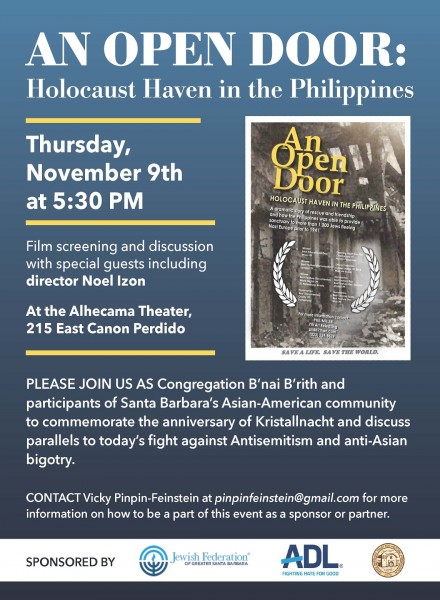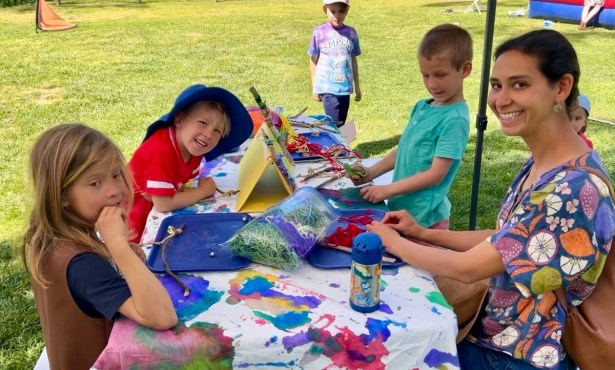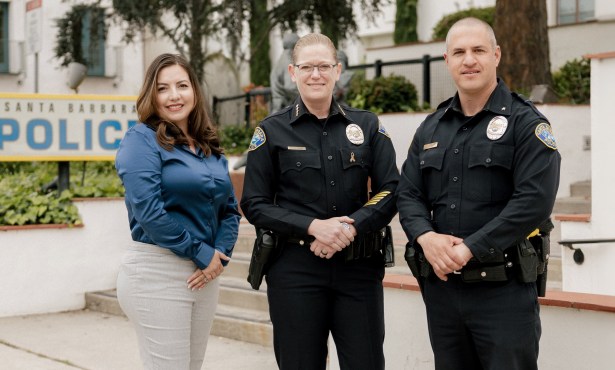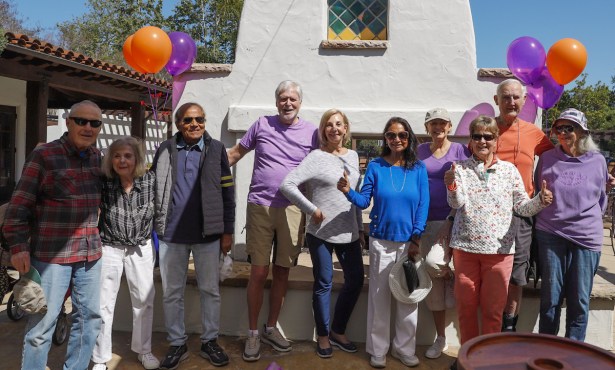‘Open Door: Holocaust Haven in Philippines’ Documentary at Alhecama Theatre
Regional Jewish Organizations and the Filipino Community Bring the Film to Santa Barbara

Congregation B’nai Brith in partnership with the Jewish Federation, the Anti-Defamation League Santa Barbara/Tri-Counties, and the support of several members of the local Filipino-American community will hold a screening of the award-winning documentary film An Open Door: Holocaust Haven in the Philippines at the Alhecama Theatre of the Santa Barbara Trust for Historic Preservation on November 9. The date of the event was chosen to commemorate the anniversary of Kristallnacht or the “night of broken glass,” when, from November 9 to November 10, 1938, Nazis stormed the streets of Germany, burned down synagogues, wreaked havoc on Jewish homes, schools, and businesses, murdered a hundred Jews, arrested about 30,000 Jewish men, and transported them to concentration camps. This gathering of Jews, Filipinos, other Asians, and the general public is intended to shed light on the deep connection between Jews and Filipinos but more importantly, a way to counter the current climate of hate and division in the country as it grapples with an alarming increase in incidents of anti-Semitism and anti-Asian prejudice.
Written and directed by Philippine-born filmmaker Noel Izon, and narrated by Filipino-American actor Lou Diamond Phillips, the film recounts the little-known event in history about the rescue of 1,300 Jews that Commonwealth Philippine President Manuel L. Quezon welcomed through his Open Door policy, unusual at a time when more countries turned away Jewish refugees fleeing the terror of the Nazis than received them. The sanctuary provided to them was largely fueled by Quezon’s conviction that it is everyone’s duty to help those in their hour of need.
Among the Holocaust survivors featured in the film is Ralph Preiss, 9 years old at the time he and his family arrived in Manila. They and others who settled in the archipelago came to be known as the Manila-ners. While he left the Philippines for university in the United States at 19, his parents went on to live there for 30 years. When Ralph married, his mother sent yards of the piña cloth from Manila to be made into a wedding gown for his bride. Piña is crafted from the delicate but strong fibers of the pineapple plant woven into an exquisite textile Filipinos have become known for. Two of their daughters would eventually wear the gown at their own weddings, and his granddaughter born and raised in Israel wore it at her wedding this past May. Despite its delicacy and the countless hours needed to make it, piña endures and can last for generations. Similarly, common threads of historical and cultural connections run through Filipinos and Jews. The Israeli government erected a monument at the Holocaust Memorial Park in the town of Rishon Lezion to express their gratitude and recognize the role the Philippines played in saving Jews. “After the screening, a reception will follow and the audience will have a chance to ask questions with Ralph Preis and historian Dr. Bonnie Harris, who will introduce the film and is the author of the book Philippine Sanctuary: A Holocaust Odyssey.




You must be logged in to post a comment.